In the last week I met two very agitated farmers who were concerned about the way the organic sector in Ireland is promoted. Ironically, one was an existing organic farmer, while the other was contemplating converting to organic status but hadn’t signed up to join in the recent application window like 2,000 other Irish farmers have done.
The existing organic farmer was very concerned that the way organics in Ireland is framed is around a euro per hectare payment that essentially subsidises farmers to reduce stocking rate and farm organically. As a committed organic farmer, he was of the opinion that essentially this belittles the product and undermines his business.
He believes the potential market reward is diminished as a surplus of product, relative to market demand, simply means the power is with the retailer rather than the producer.
The other farmer, a sheep farmer, felt her options were limited for selling organic lamb unless she was to try and sell direct.
I believe both farmers are right in their assessment and that largely the market premium for organic produce is ignored by the new wave of organic farmers. Most are joining on the premise that conventional prices are to be expected.
The fact is Irish organic dairy farmers would be delighted with conventional prices, but instead in the year just gone, they are locked into organic prices that are 20% to 30% below the conventional price.
Signing up to five years of that would be enough to sink many Irish dairy farmers. For any organic livestock farmers limited on land base, the risk is higher as the cost of organic feed inputs is much higher if required. Of course, there are less inputs required as no artificial fertilisers are used etc.
The story is similar on the meat side of the house. Again, the statistics suggest over 70% of meat currently produced organically is sold at conventional market prices. Yet we are prepared to increase the supply.
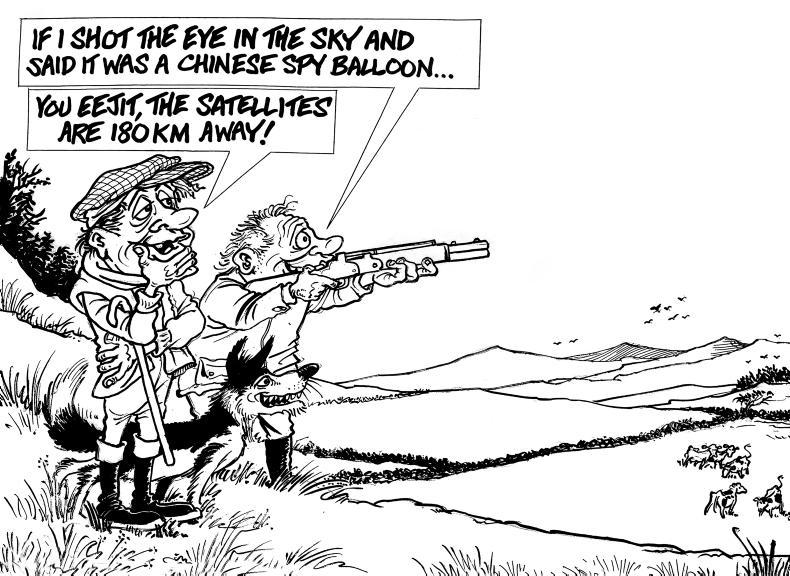
Again, a bit like some of the other EU initiatives, the organic push seems like a broad brush approach or initiative across all EU member states, irrespective of the current production system or market requirement. Surely as an island we would be much better extolling and investing in the grass-based production system that we can do so well? Other EU countries simply can’t do that.
Last week, the European Commissioner for Agriculture was in Poland espousing the virtues of grass-based livestock farming. Less than three hours away on a plane, we have initiatives and schemes pushing farmers away from grass-based livestock farming in Ireland. It simply doesn’t add up and we need some real balance back in the policy agenda.
Price and margin are king for the retailers so if EU organic product is scarce, US organic product flows into the EU. Imports of US organic coffee almost doubled in value terms into the EU, as did other products such as lettuce, carrots, broccoli, and strawberries etc.
So as the cost of everything soars, including the price of food, the organic market drops through the floor and organic farmers are left with nowhere to turn and imports fill the gap. There is little or no farm business safety valve for producers. The organic payment per hectare that is seen as an income supplement to farmers gets whittled away very quickly.
Unsustainable
I’ve nothing against organics per se, but schemes that sell a concept of organics that is simply a subsidy to compensate for producing less per hectare are completely unsustainable long term.
I know Bord Bia is suggesting that there is an increasing market demand, but we simply can’t expect farmers to ‘live horse and get grass’ without cast iron assurances on premiums and prices that seem nothing short of a pipe dream even in well established markets such as Germany.
Farmers deserve better and honesty would be a good place to start for those making career changing decisions at farm level. After that, farm supports when sales crash through the floor, as is happening in France and Germany right now need to be established. I’ve done little to appease the frustration of my two organic friends. Hopefully we can establish safeguards for other Irish organic farmers to thrive long term.
Farmers need to see agri-food
regulator’s teeth
The legislation to create the agri-food regulator’s office continues to trundle through the Dáil this week, with further scrutiny by the Oireachtas Agriculture Committee. This process seems to have been going on forever.
However, having waited this long, farmers are prepared to give the process whatever time it takes on condition that the Minister for Agriculture Charlie McConalogue gets it right.
Getting it right means the regulator having the power to get deep into the affairs of the food processing industry to find out where the money is going in the supply chain. Secrecy and suspected factory profiteering have frequently caused frustration and prevented farmer confidence in the beef processing industry. Even with co-op ownership, we also now have no accredited fair transparency on milk or cereal prices paid to farmers.
Beef industry
The largely privately owned Irish beef industry is concentrated in the hands of three main groups who have also a similar strong position in Britain and Northern Ireland.
An Irish regulator can only look after this patch, however, they must have the necessary tools to get fully under the bonnet to understand and reveal where the money is going.
This will require considerable skill given the complex ownership structures put in place by the large beef processors and their substantial other business interests outside of beef processing. They also need to get a handle on intercompany trading between the large groups and other processors outside their ownership structure. If this operates to the level that many farmers believe, then the industry may be even more concentrated than it appears.
What would be a complete waste of time and money is the creation of an office where a regulator has only superficial additional access to
information already in the public domain.
This information can and is already being analysed by agencies like Bord Bia, the CSO and media, so a regulator must be able to go much further and deeper to make it worthwhile.
Farm organisations must be clear in delivering this view to the minister so he fully understands what is required.
In the last week I met two very agitated farmers who were concerned about the way the organic sector in Ireland is promoted. Ironically, one was an existing organic farmer, while the other was contemplating converting to organic status but hadn’t signed up to join in the recent application window like 2,000 other Irish farmers have done.
The existing organic farmer was very concerned that the way organics in Ireland is framed is around a euro per hectare payment that essentially subsidises farmers to reduce stocking rate and farm organically. As a committed organic farmer, he was of the opinion that essentially this belittles the product and undermines his business.
He believes the potential market reward is diminished as a surplus of product, relative to market demand, simply means the power is with the retailer rather than the producer.
The other farmer, a sheep farmer, felt her options were limited for selling organic lamb unless she was to try and sell direct.
I believe both farmers are right in their assessment and that largely the market premium for organic produce is ignored by the new wave of organic farmers. Most are joining on the premise that conventional prices are to be expected.
The fact is Irish organic dairy farmers would be delighted with conventional prices, but instead in the year just gone, they are locked into organic prices that are 20% to 30% below the conventional price.
Signing up to five years of that would be enough to sink many Irish dairy farmers. For any organic livestock farmers limited on land base, the risk is higher as the cost of organic feed inputs is much higher if required. Of course, there are less inputs required as no artificial fertilisers are used etc.
The story is similar on the meat side of the house. Again, the statistics suggest over 70% of meat currently produced organically is sold at conventional market prices. Yet we are prepared to increase the supply.

Again, a bit like some of the other EU initiatives, the organic push seems like a broad brush approach or initiative across all EU member states, irrespective of the current production system or market requirement. Surely as an island we would be much better extolling and investing in the grass-based production system that we can do so well? Other EU countries simply can’t do that.
Last week, the European Commissioner for Agriculture was in Poland espousing the virtues of grass-based livestock farming. Less than three hours away on a plane, we have initiatives and schemes pushing farmers away from grass-based livestock farming in Ireland. It simply doesn’t add up and we need some real balance back in the policy agenda.
Price and margin are king for the retailers so if EU organic product is scarce, US organic product flows into the EU. Imports of US organic coffee almost doubled in value terms into the EU, as did other products such as lettuce, carrots, broccoli, and strawberries etc.
So as the cost of everything soars, including the price of food, the organic market drops through the floor and organic farmers are left with nowhere to turn and imports fill the gap. There is little or no farm business safety valve for producers. The organic payment per hectare that is seen as an income supplement to farmers gets whittled away very quickly.
Unsustainable
I’ve nothing against organics per se, but schemes that sell a concept of organics that is simply a subsidy to compensate for producing less per hectare are completely unsustainable long term.
I know Bord Bia is suggesting that there is an increasing market demand, but we simply can’t expect farmers to ‘live horse and get grass’ without cast iron assurances on premiums and prices that seem nothing short of a pipe dream even in well established markets such as Germany.
Farmers deserve better and honesty would be a good place to start for those making career changing decisions at farm level. After that, farm supports when sales crash through the floor, as is happening in France and Germany right now need to be established. I’ve done little to appease the frustration of my two organic friends. Hopefully we can establish safeguards for other Irish organic farmers to thrive long term.
Farmers need to see agri-food
regulator’s teeth
The legislation to create the agri-food regulator’s office continues to trundle through the Dáil this week, with further scrutiny by the Oireachtas Agriculture Committee. This process seems to have been going on forever.
However, having waited this long, farmers are prepared to give the process whatever time it takes on condition that the Minister for Agriculture Charlie McConalogue gets it right.
Getting it right means the regulator having the power to get deep into the affairs of the food processing industry to find out where the money is going in the supply chain. Secrecy and suspected factory profiteering have frequently caused frustration and prevented farmer confidence in the beef processing industry. Even with co-op ownership, we also now have no accredited fair transparency on milk or cereal prices paid to farmers.
Beef industry
The largely privately owned Irish beef industry is concentrated in the hands of three main groups who have also a similar strong position in Britain and Northern Ireland.
An Irish regulator can only look after this patch, however, they must have the necessary tools to get fully under the bonnet to understand and reveal where the money is going.
This will require considerable skill given the complex ownership structures put in place by the large beef processors and their substantial other business interests outside of beef processing. They also need to get a handle on intercompany trading between the large groups and other processors outside their ownership structure. If this operates to the level that many farmers believe, then the industry may be even more concentrated than it appears.
What would be a complete waste of time and money is the creation of an office where a regulator has only superficial additional access to
information already in the public domain.
This information can and is already being analysed by agencies like Bord Bia, the CSO and media, so a regulator must be able to go much further and deeper to make it worthwhile.
Farm organisations must be clear in delivering this view to the minister so he fully understands what is required.




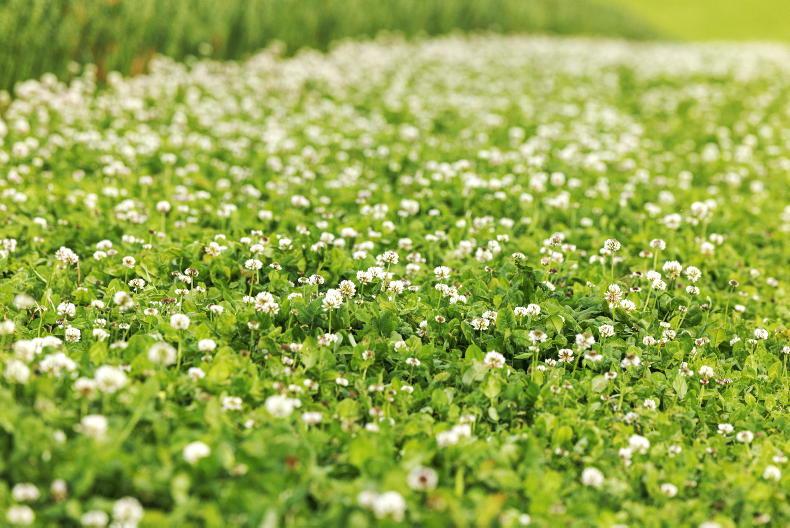

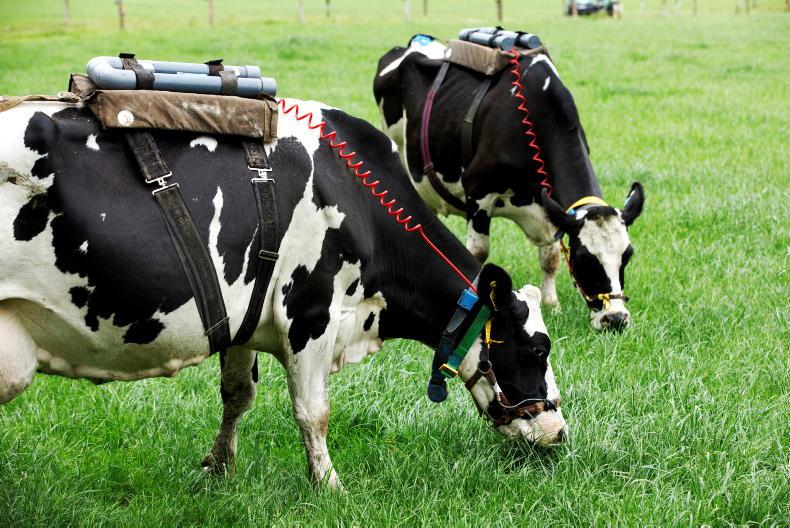

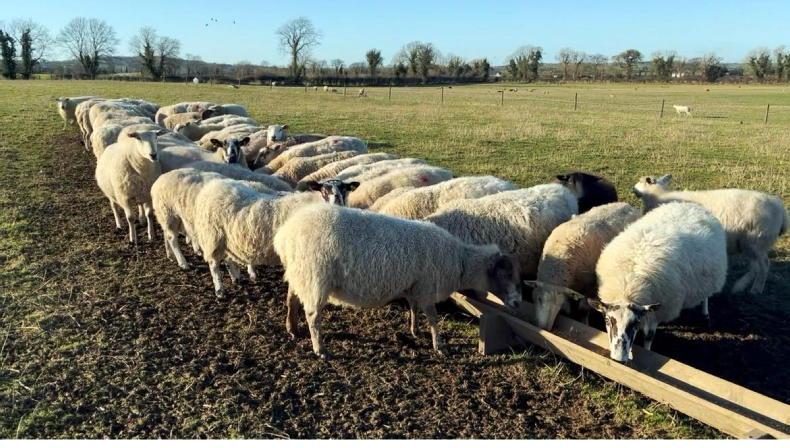
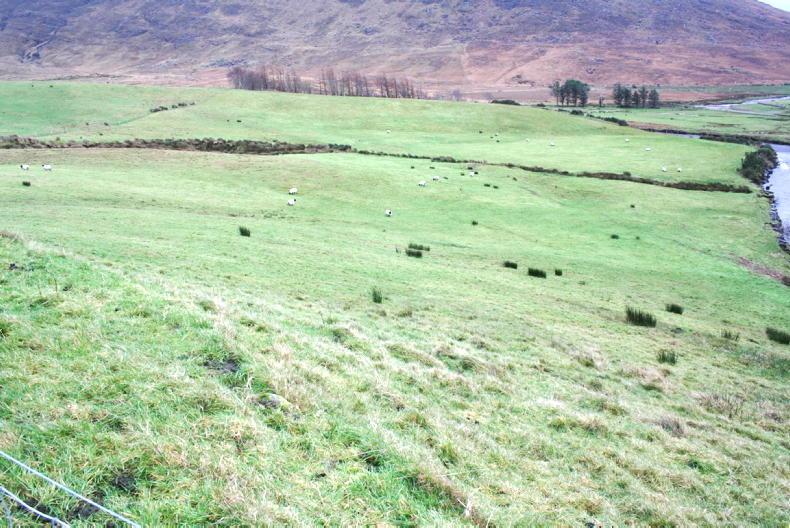
SHARING OPTIONS